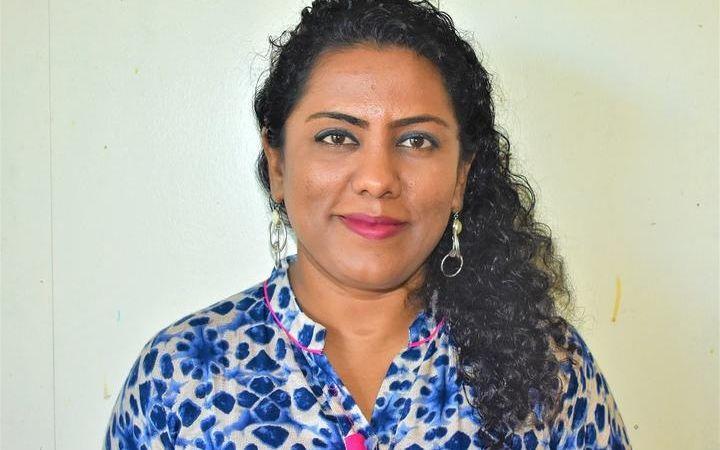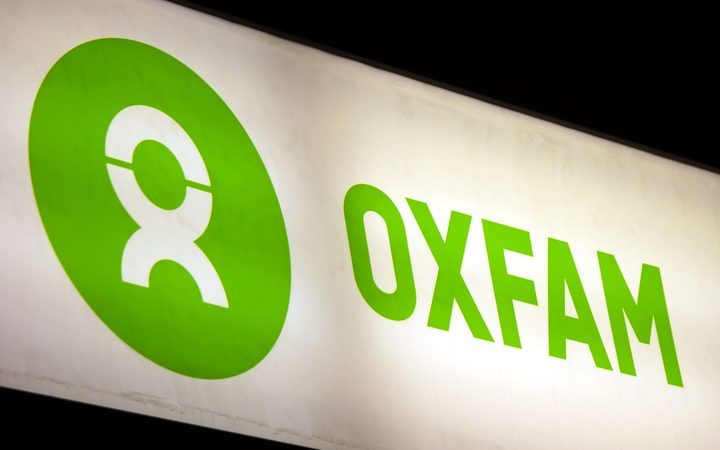By RNZ.co.nz and is republished with permission.
Aid agencies are meeting today to discuss a plan of action to provide relief to people affected by the tsunami in Tonga and the Lau Islands of Fiji.
International NGO’s including Save the Children will be lead by the UN Co-ordination of Humanitarian Affairs in a meeting today.

Save the Children Fiji chief executive Shairana Ali said they were planning on how best to manage and provide fresh drinking water food and psycho-social support .
“All the stakeholders are going to be discussing the respective plans and to come up with a collective response, not only for Fiji but for Tonga and to get an update from the ground to get an appropriate response.”
She said the response may have to be co-ordinated remotely in the case of another eruption.
The families in Tonga are at risk of exposure to unsafe air and water due to ash and smoke.
Satellite images indicate that the eruption has emitted a 5 km-wide plume of ash, steam and gas, rising about 20km above the volcano.
Tonga’s government has asked the public to wear masks and use bottled water for now.
Ali said ash had contaminated many fresh water sources.
“There is significant threat to food security and also to water sources in Tonga and so the immediate need right now for people in Tonga is that they need food and clean water.”
She said information coming out of Tonga was still scarce due to sporadic communication and phone lines being down.

Oxfam is confident their local team and other local humanitarian groups in Tonga will be able to provide an initial immediate response to support people with food and drinking water.
Oxfam have filtering units in Tongatapu which can turn salt water into drinking water and it’s likely teams on the ground will already be responding.
Oxfam Aotearoa humanitarian lead Carlos Calderόn said it would be greatly needed, after the water supply became contaminated with ash fall.
“They do have units that could filter water from the ocean. They may have capacity to filter more or less 10,000L an hour which could be at some point enough to at least provide drinking water.”
Calderόn said they could also help with food security.
UNICEF is ready to transport its pre-positioned emergency supplies from Fiji and Brisbane warehouses.
These include essential water, sanitation, and hygiene kits, water containers and buckets, water field test kits, tarpaulins, recreational kits, and tents, that can be immediately mobilized for distribution.
With borders closed in Tonga due to the ongoing Covid-19 pandemic, UNICEF will work with the Tongan government and its partners on the ground to reach children and families with the support they urgently need.
More than 80 percent of households in Tonga grow crops to meet their daily needs.
Tearfund chief executive Ian McInnes said they would be responding immediately to the need for clean drinking water and tending to damaged crops.

Aviation warnings
Aviation warnings continue to be issued by Fiji Meteorological Service.
Senior forecaster Sakeasi Waibute said he had been unable to reach his colleagues in Tonga, but he was still issuing warnings.
He said the Tsunami warning remained in place for Tonga and would not change until the official word comes from local authorities.
But it has been cancelled for Fiji at this moment.
He said Fiji’s Lau group was still being inundated by surges, but it was unclear exactly what the latest was with communicating issues still hampering Tonga.







